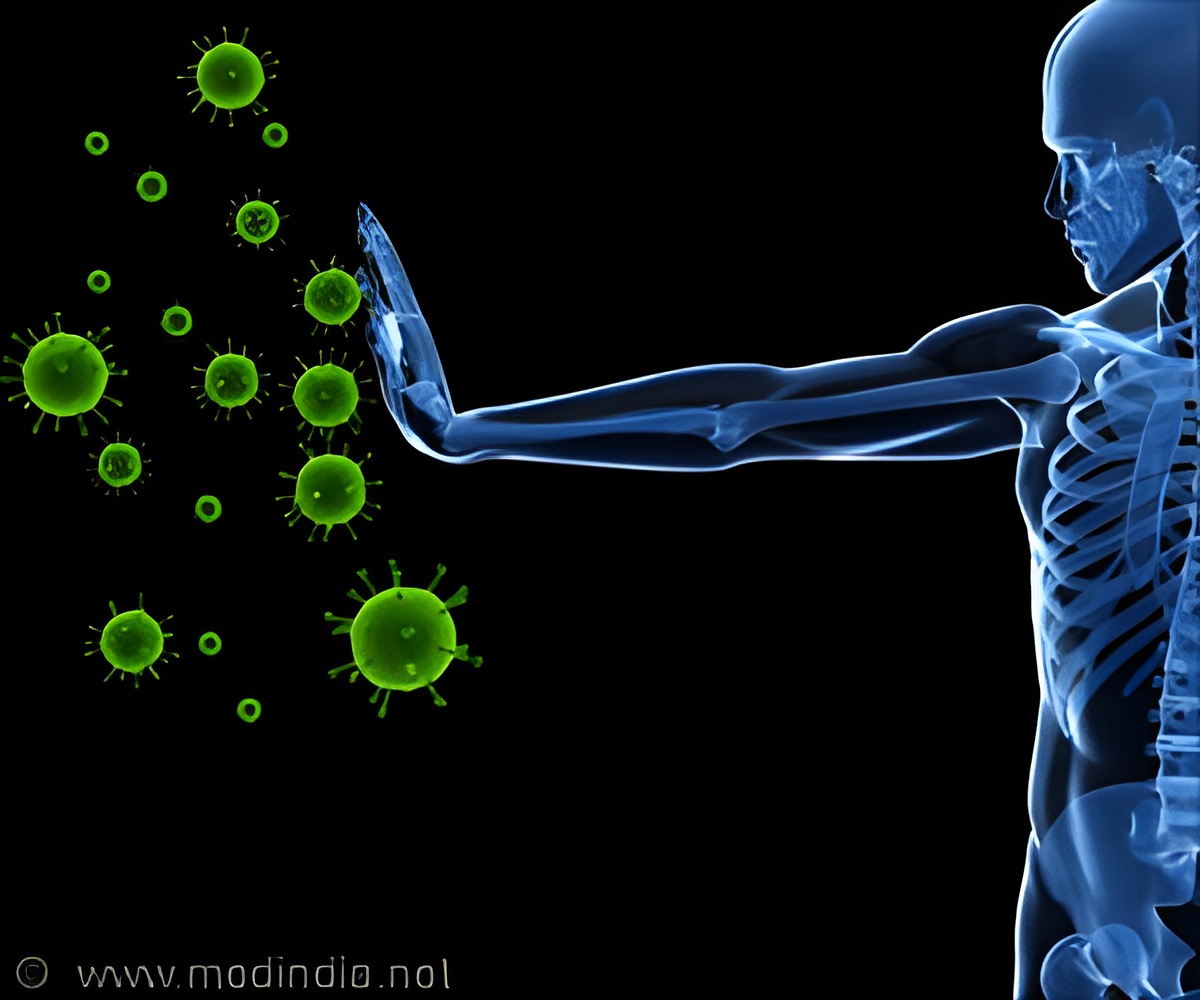Discovery of new gene helps restrict the host range of the modified vaccinia virus Ankara (MVA) which inturn could lead to improved vaccine development against diverse infectious agents.
Discovery of new gene helps restrict the host range of the modified vaccinia virus Ankara (MVA) which inturn could lead to improved vaccine development against diverse infectious agents, stated new study published in the open-access journal PLOS Pathogens by Bernard Moss of the National Institutes of Health, and colleagues.
Safety concerns have led to a preference for attenuated poxviruses that have lost the ability to produce infectious progeny in human cells. The most widely used poxvirus vector is MVA, which exhibits extreme host-range restriction, having lost the inability to efficiently produce infectious virus in most mammalian cells. Despite ongoing clinical testing of MVA-vectored vaccines, the basis for its host-range restriction remains unknown. In the new study, Moss and colleagues set out to identify specific genes that contribute to the host-range defect of MVA.
Moss says, "the task of identifying the basis for the attenuation of MVA was complicated because the parental virus had been passaged more than 500 times in chicken embryo fibroblasts, resulting in changes in 124 genes." Through whole-genome sequencing of a panel of MVAs with experimentally extended host ranges, the researchers identified serine protease inhibitor 1 (SPI-1) as one of several candidate host-range factors present in those viruses that have gained the ability to replicate in human cells. Reintroduction of the SPI-1 gene into MVA or host cells increased virus spread by more than 100-fold in a human cell line, providing an important insight into the mechanism responsible for host-range restriction. Furthermore, cells stably expressing SPI-1 also showed enhanced replication of MVA. According to the authors, the results are an important step toward the goal of understanding the basis for human host-range restriction and the attenuation of a vector that forms the basis of numerous vaccines in clinical trials.
Source-Eurekalert
